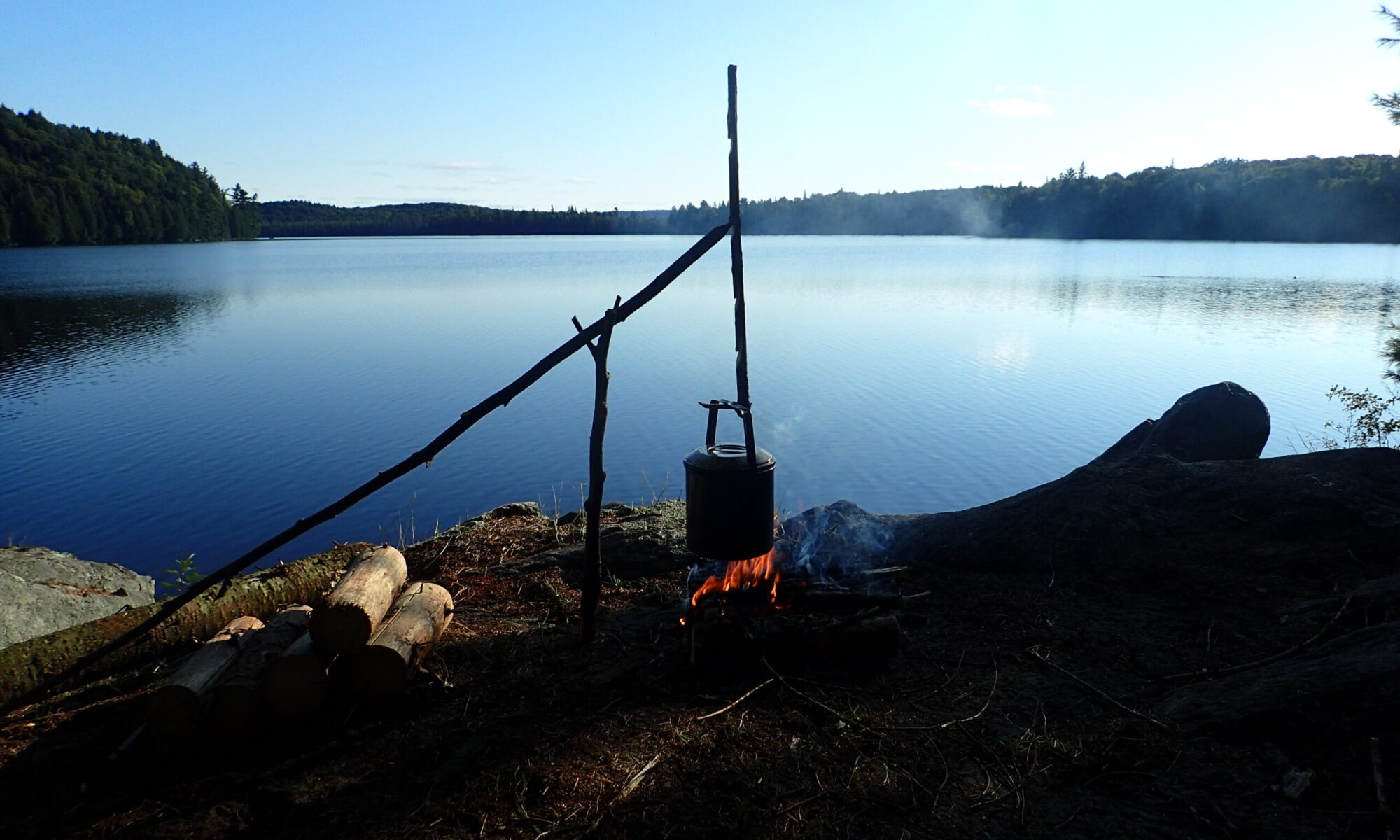There are some things you do in life that have an impact on how you think. Sometimes a single event. Other times a whole series of them. One of the things about Bushcraft is that for me, I need to remind myself that I have so much to learn and never get comfortable in what I feel I know. I feel like I’ve done a bit but still I am only scraping the surface of such a vast topic. I must challenge myself to practice what I know and remind myself of what I need to work on.
I’ve never been to Africa. It’s a new continent to me. I’ve seen documentaries, read books and spoken to people but the place still felt very distant. So when I was given the opportunity to go, I jumped at it.
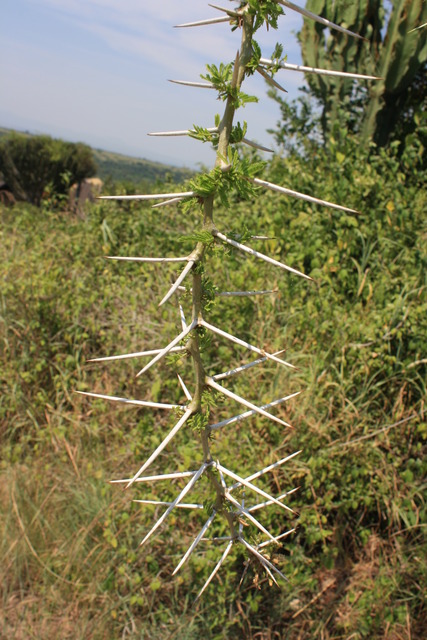
Uganda is in east Africa in the Sub-saharan region of the continent. It borders with Kenya, Sudan, Rwanda, Tanzania and the Congo. Since the late 1980’s it has been one of the more stable of the region. However it’s Government is still deeply corrupt. It’s people unemployed and mostly living in poverty. Regional flare-ups are regular and Uganda has one of the largest Armys in Region with troops in almost as many countries as the US.
It is a country full of life …. and death
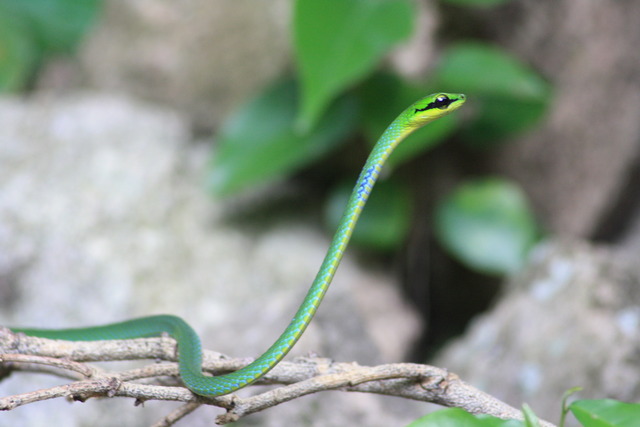
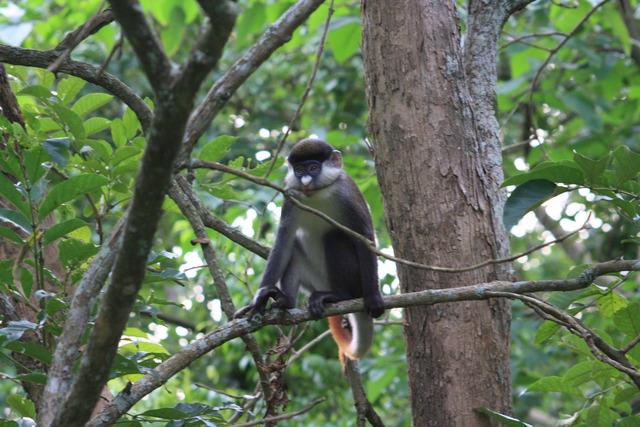
I had good contacts in the country that offered a place to stay in Kampala, the Capital which gets its name from the Impala antelope. When the British came to Uganda, they set up Camp where the Impala grazed. Hence Kampala.
One thing to mention is that you need a rake of vaccines to get into Uganda, most importantly Yellow Fever which is a requirement to enter the country. Check out The Medical Bureau if are considering traveling well in advance.
As this was my first trip to Africa, I tried to prepare as best I could but still made some general packing errors. Firstly and most importantly, I assumed I would need a Rule Book in Uganda. First lesson of Africa is to burn the Rule Book, its useless here.
When we arrived in Entebbe airport we noticed that everything moved more slowly and without much order. Except for the Army. I was expecting a rag-tag bunch of Cowboys but these lads pulled myself and my wife out of the line. “Where are your UN passes?” the soldier snapped. With a look of puzzlement on my face, he pointed to bags. 3 identical Army Bergens sat on the trolley. After a little explaining, we had the bags scanned with a scowl until they came up clean. The frown turned to a smile and we were waved onwards. These boys weren’t messing around but it was good to see the people holding weapons were switched on.
I met with my friend who was very experienced in these environments. As we drove towards the capital, we got a brief on how things worked there in general. To give you some idea of how poor these people are. There is over 90% unemployment in Uganda. For those that work, the average daily wage is 300 Ugandan Shillings. €1 is 4000 Ugandan shillings at the moment. So unfortunately, when Ugandans see white people, they see money. Either to sell, beg, steal or extort from. It’s the reality of a country that has so little, you can’t blame them for it but you need to be on your guard eitherway.
“Mzungu”
If you are easily intimidated by constant stares and remarks, then a trip to East African might be a bit of a shock. Mzungu is term given to White people by people in the region. I was told it is not a term of disrespect but it certainly isn’t a term of endearment either. So much so that more well to do Ugandans might get offended on your behalf. Although not as bad as racist remarks we all know given to Africans, it certainly wasn’t a term I was pleased being called constantly but you get over it after a while. There is rarely any malice in the term which I guess is the real dividing line.
I wanted to do things without too much assistance from my friend when we were out of the capital. I wanted to take public transport and go without guides to most places. Well I certainly got that but only to a point. You can’t simply throw up a tent anywhere, you need to go where there are no or very few Wildlife considerations. Namely National Parks where there are camping areas.
One of the 2 parks we visited was Queen Elizabeth national park in the West of Uganda. We stayed in a campsite called Kasenyi where we pitched our tent on a high platform to avoid lions. The platform was about 6 ft from the ground with a set of steps. A pallet was the fence guarding the entrance with little more than the height protecting you. Thankfully the lions obviously weren’t able to undo the knots holding the pallet to the stairs, so we were safe …….
There was however 2 armed guards patrolling the camp, until of course midnight when they would knock-off. So if you needed to use the jacks, it would be over the side. Pray you didn’t anything other than a wizz. Otherwise it was a long drop.
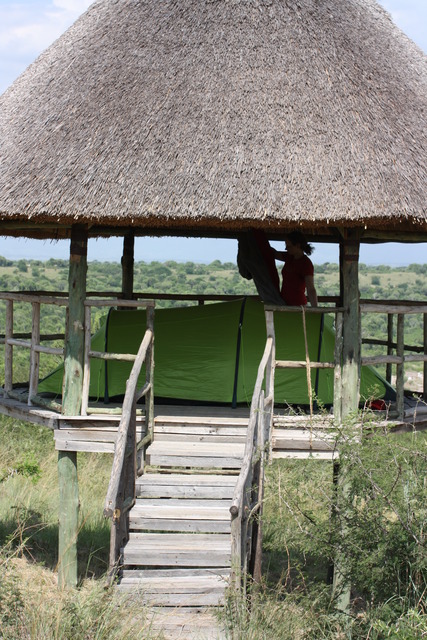
Most nights on the platform, we were visited by something. Hippos were the most common visitor. Grazing loudly on the tough grass below. You could almost reach out and touch them from the platform if you were dumb enough. They were like tractors and completely indifferent to our presence even when we shown a light on them. My mornings were spent tracking them around the surrounding area. Hard to miss and such a cool looking print. Nothing like anything I’ve ever seen.
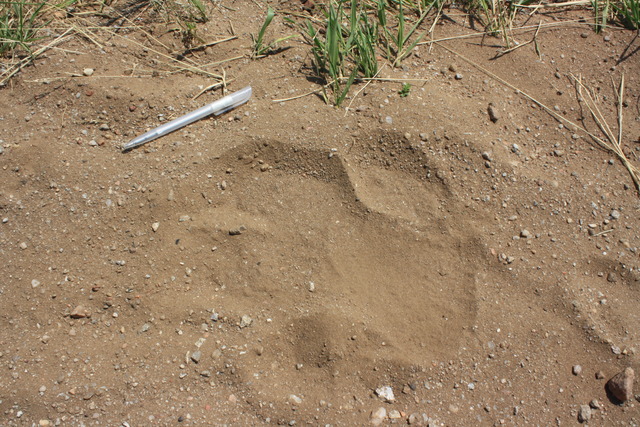
I asked to camp down by the lake as it had been done before but the camp was reluctant as they would have to send a guard out separately with me. Asking for a rifle of my own was met with puzzled looks, so I left it.
The people of Kasenyi village nearby lived in absolute poverty. Their hunts were made of mud, they had no income other than from fishing. Most of the kids had HIV, weren’t in school and would start drinking at the age of 6 or 8. It was heart breaking to see. We were brought down to the village by someone working at the camp. One thing as a visitor you have to realise is that Ugandans want you to see these things. They need help and know it. I heard the term ‘Poverty Tourism’ thrown about in Kampala and was seeing it firsthand. We were not encourage to give the kids money as it would make things worse for the next visitors. It was more to see the living conditions.
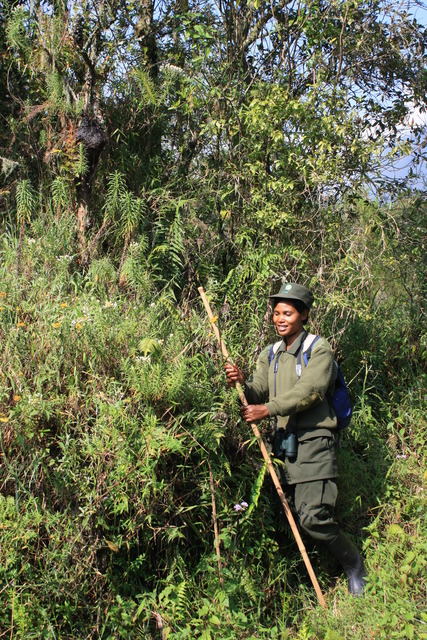
The next park we visited was Mgahinga on the boarder with Rwanda. We got an excellent tour of the park from UWA. We discussed plant life and even compared basket making techniques used in the region. The guide was particularly interested in how we made baskets from Bramble which was a plant that was common there also. Although it did look much smaller, possible because it favoured a wetter climate
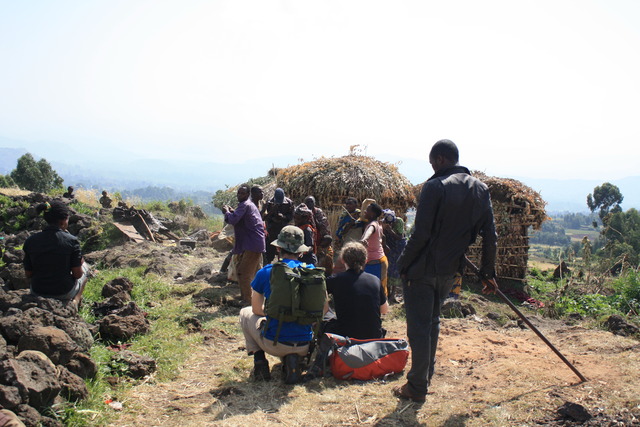
The highlight of the trip to me was visiting the Batwa people of the area. Ugandans generally looked down on them it appeared. They were last truely tribal people of the region. They had been removed from the Park in the early 90’s to facilitate the parks gazetting and establishment. They now lived on the verges of farmland, scrounging for scraps from local farms and using the little areas they had to grow their own. It was horrible as even their hunts were poorly constructed as they were not allowed to gather materials from their previous homeland, the forest. Which was only 500 metres away.
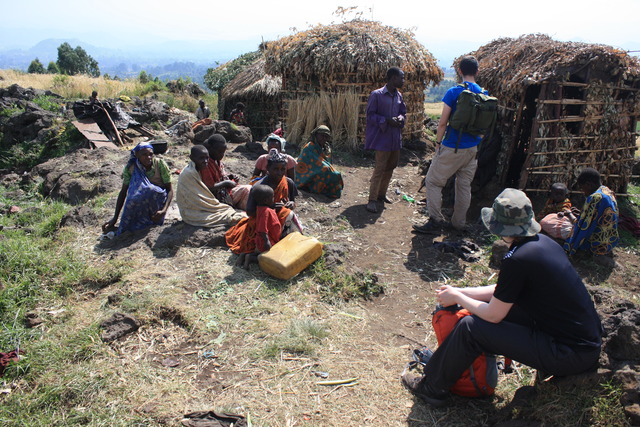
I read that they still used fire by friction to light their fires at night. However they explained that the materials were becoming harder to come by and now supplemented the technique with matches. I told them that I also practiced the same technique and was interested in the materials. When they heard this, they lit up and were delighted to discuss it (through translation of course). They spoke of their difficult getting embers unless they worked as a group and that someone who hadn’t practiced in a while would struggle. I was delighted to hear that people so close to the land had similar issues that I had. It seem to transcend the cultural barrier as we laughed and joked about what it felt like when you got tired. It was an amazing experience just to meet them
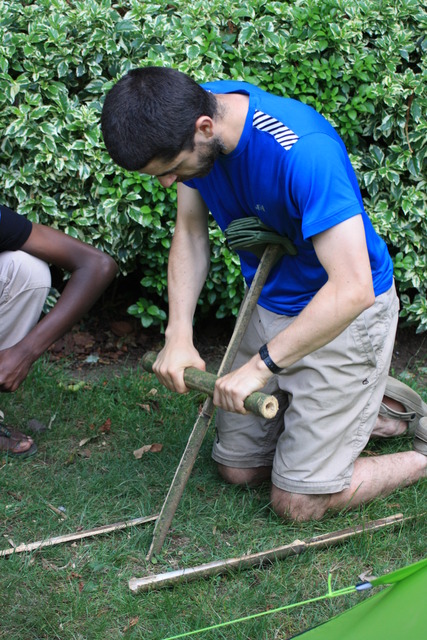
Fire saw. tried this technique for the first time here. No success on this occasion. Interestingly no one had ever seen it here, yet I have seen this done with Bamboo elsewhere
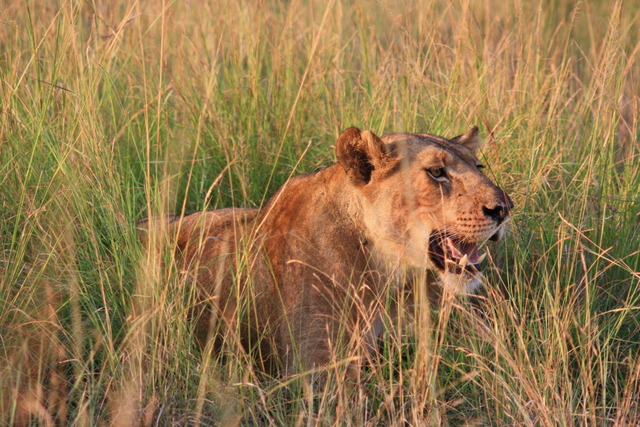
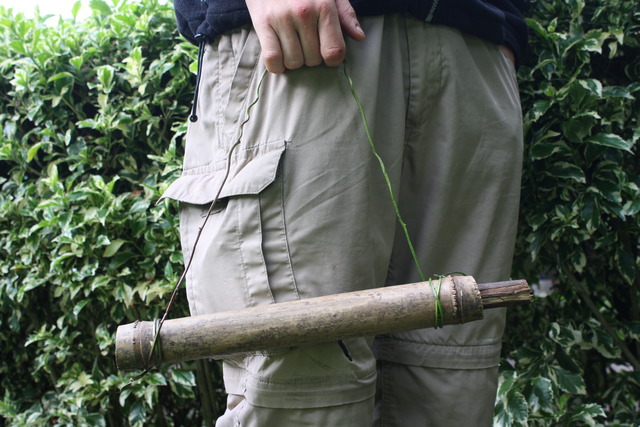
Bamboo water container, completely water proof and holding about 350ml of clean water. Amazing material
It’s hard to condense 2 weeks in Africa into this post. We saw so much and learned a lot. We met some incredible friendly and generous people and some thieves also. What I would advise, is not to go unguided. Paying a local to show you the way is certainly worth it whether that be through contacts or an agency. We were lucky for part of the 2nd week to meet someone who traveled with us. He acted as a translator and buffer in some of the more tense and crowded environments. It’s an incredible place and I have to say I witnessed the work of the Department of Foreign Affairs while I was there. For such a small staff, they have a massive impact and are incredibly hard working. It’s the best use I’ve seen of our taxes.
